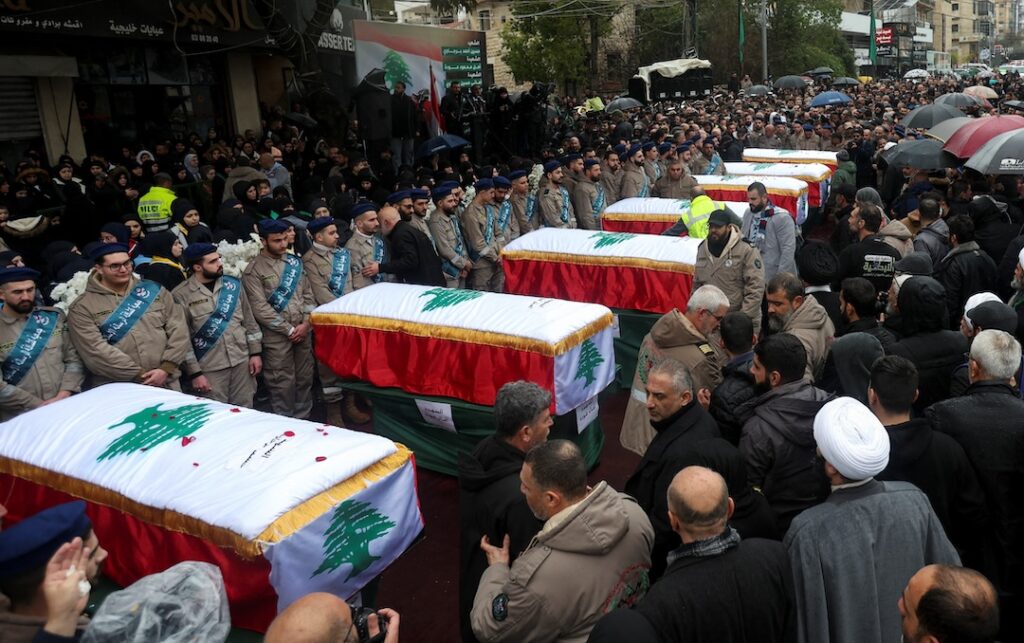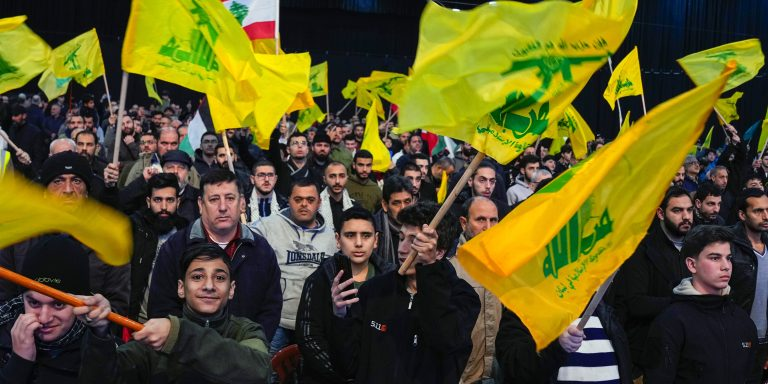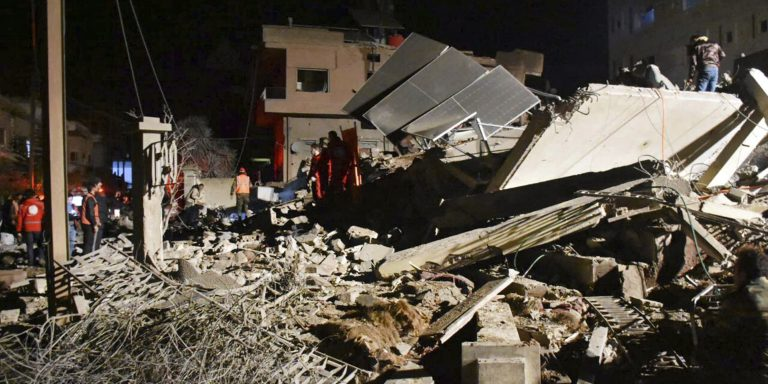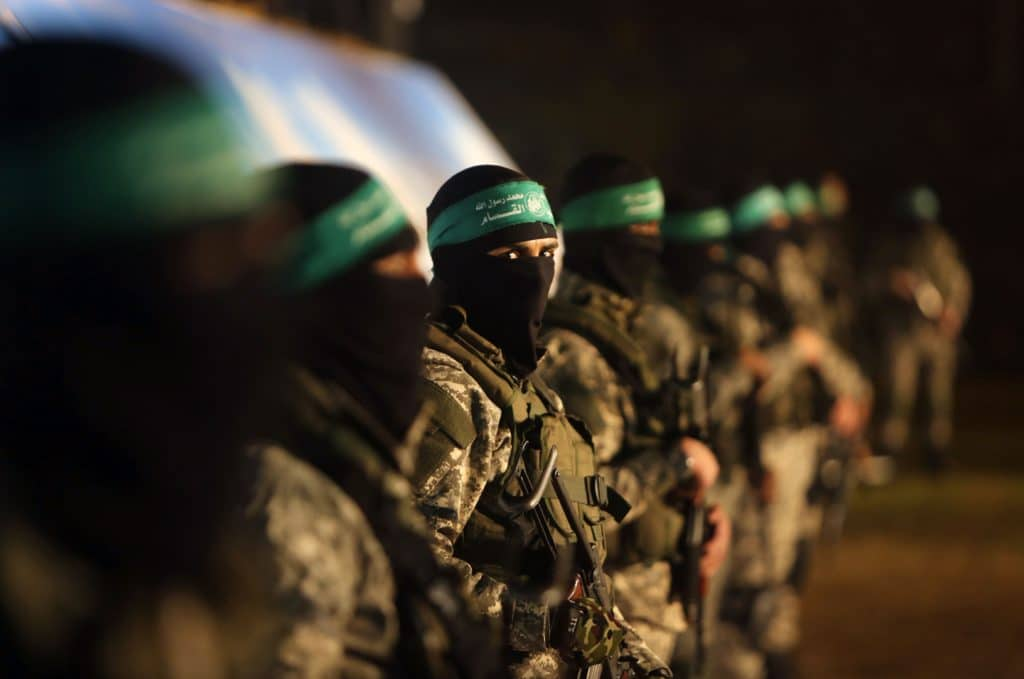Poll finds nearly 1 in 4 Americans hold antisemitic views, highest in 60 years
ADL chief decries ‘shocking’ results of survey, which shows younger respondents most likely to agree with anti-Jewish tropes, have little problem with backing for Hamas
Nearly a quarter of Americans hold antisemitic beliefs, with a disturbing reversal in trends showing that younger generations are more likely to believe in antisemitic tropes than previous generations, the Anti-Defamation League found in a survey released Thursday.






